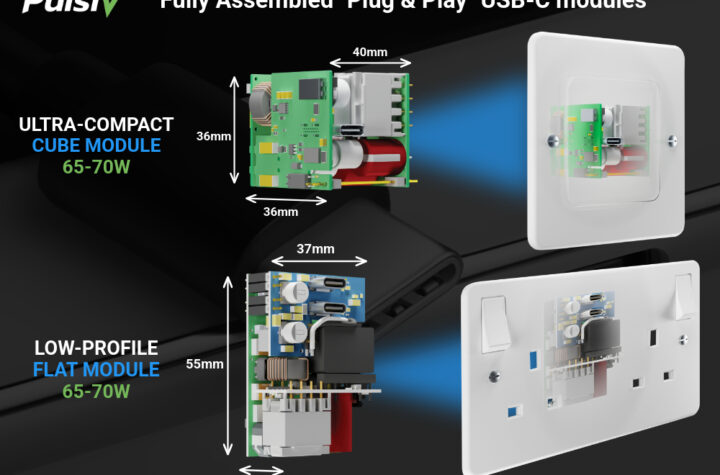
Dana has unveiled a new piston-ring coating technology that builds on the PCF 380 piston-ring coating Dana currently supplies to several heavy-duty OEM engine manufacturers, including Ford’s 6.0L Power Stroke V-8. Taking into consideration the durability expectations and lower duty cycles of passenger car diesels, Dana’s new PCF-480 piston ring coating was formulated to decrease wear on both the ring and bore surfaces, reducing oil consumption and lowering emissions.
“For several years we’ve had a high performance, heavy-duty diesel engine coating that we call PCF 380. That coating has been quite successful in 10 to 15L sized diesel engines used in North American heavy-duty trucks,” says Mike Kestner, director of R&D, Perfect Circle Division, at Dana. “We needed to develop a coating using some of the same principles as PCF 380, only for the diesel passenger car market, which primarily exists in Europe right at the moment.”
While PCF 480 adapts the technology that Dana developed for the PCF 380, the two are stand-alone products designed for different performance levels.
“The PCF 380 and PCF 480 are targeting different applications,” says Kestner. “The heavy-duty diesel market requires durability of a power cylinder — the piston, the rings and the cylinder — to be on the order of 1 million miles, which demands a very premium level performance of those materials. In the passenger car diesel market, the durability requirements are maybe about 300,000 miles. The PCF 380 coating would work in passenger car diesels but the fact that it’s a premium coating really puts it in a price category that is too high for that market. And because of the durability requirements, I really don’t see the PCF 480 coating meeting the overall demands of the heavy-duty diesel engines,” Kestner says.
PCF 480 is a thermally applied coating, filling the groove on the piston-ring face. According to Dana, internal coating is improved compared to standard thermally applied coatings and optimized for light-duty applications.
 |
| A magnified image showing the PCF- 480 filled groove on the ring face. |
Dana reports that new coating produces a 30 percent harder surface and is less porous than previous light-duty ring coatings.
Kestner says that the PCF 480 coating has what is called a “sharp lower edge design” to the piston ring. “This enables the piston ring to scrape oil better from the cylinder wall, thereby lowering the overall oil consumption of the engine and some of the emission characteristics with it also.”
 |
| Comparison chart showing overall power cylinder wear between PCF-480, other available thermally applied coatings options and chrome. PCF-480 has been shown to have best-in-class wear without the environmental concerns of chrome. |
“The current coatings used in Europe right now are primarily chrome bases — electroplated chromium,” says Kestner. “With electroplated chromium there are some features that aren’t so good. Electroplated chromium is Hexavalent chromium and it has some environmental baggage to it. The Hexavalent chromium is not an environmentally sound product. Hexavalent chromium is used in the processing of electroplated chromium coatings. Our new PCF 480 does away with that because it is not using any electroplating processes at all. It is a more environmentally friendly coating.”
PCF 480 is not in production but is currently under validation testing at European engine manufacturers.












More Stories
8 Best Plastic Welding Techniques for Automotive Manufacturing
5 Big Reasons to Choose LED Bulbs for Your Car Headlights
How much does it cost to ship a car on Amtrak Auto Train?